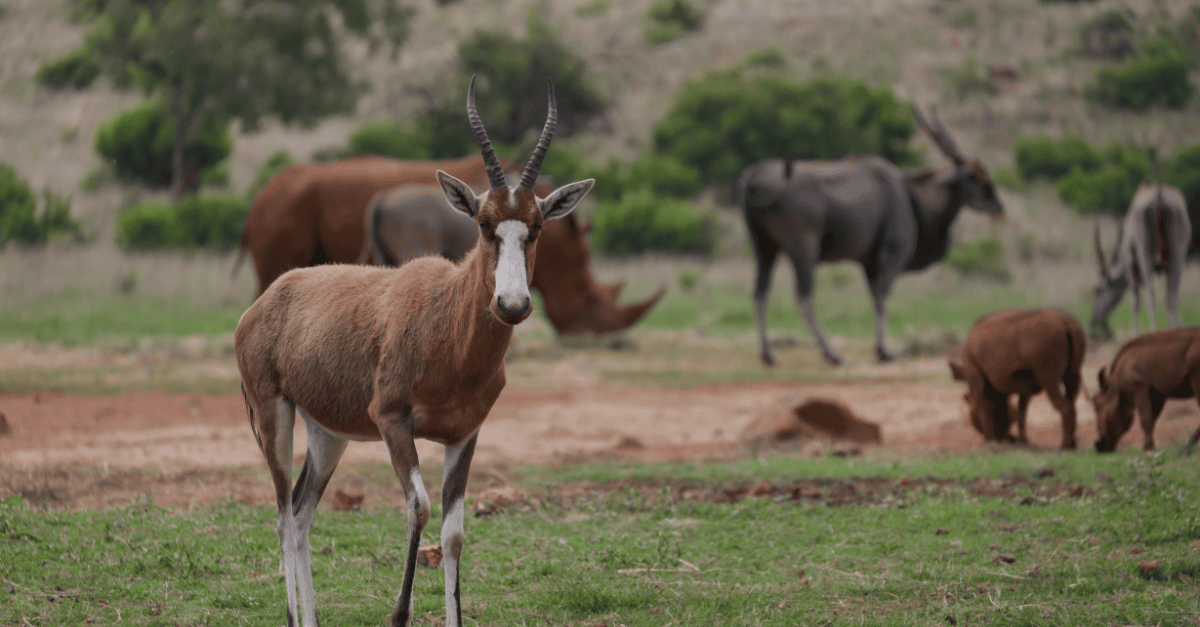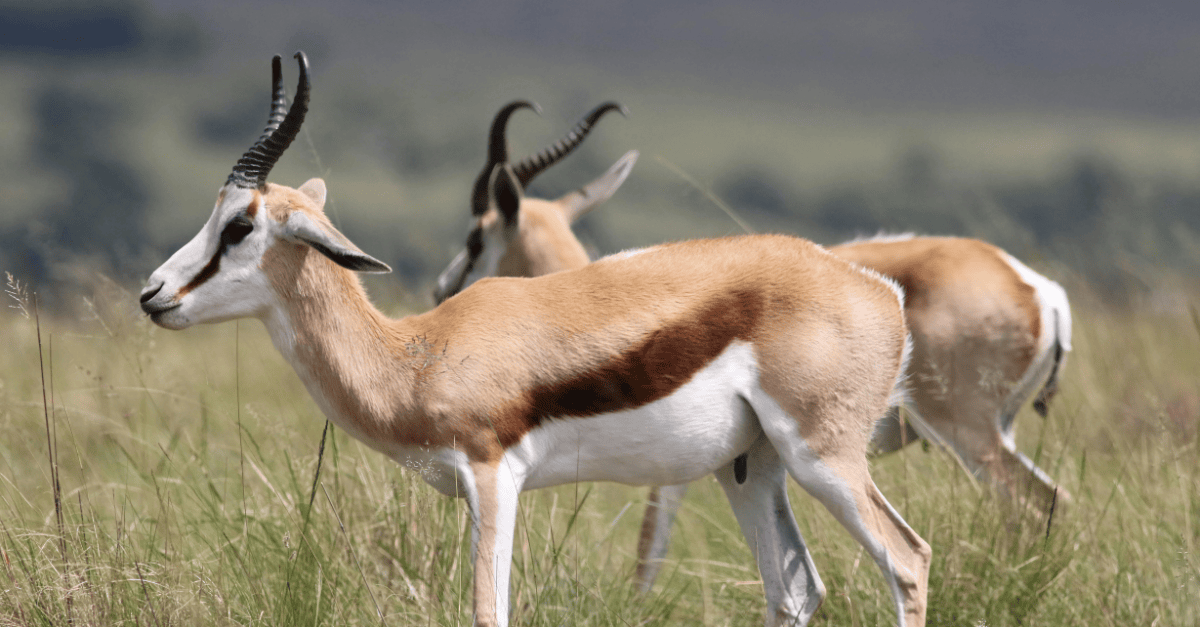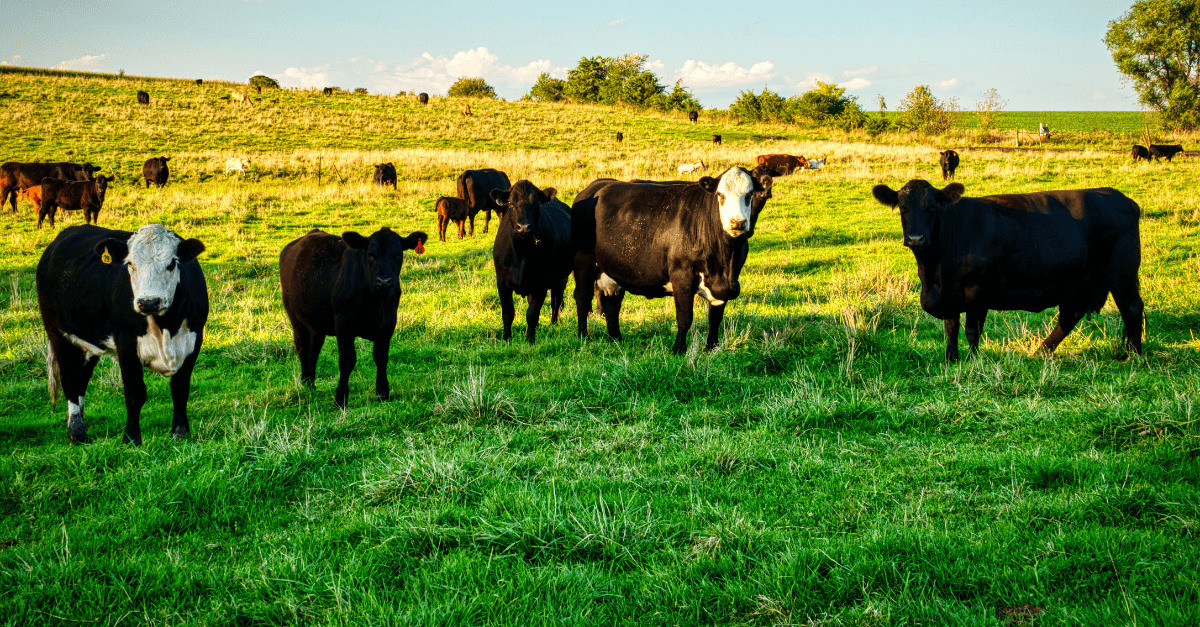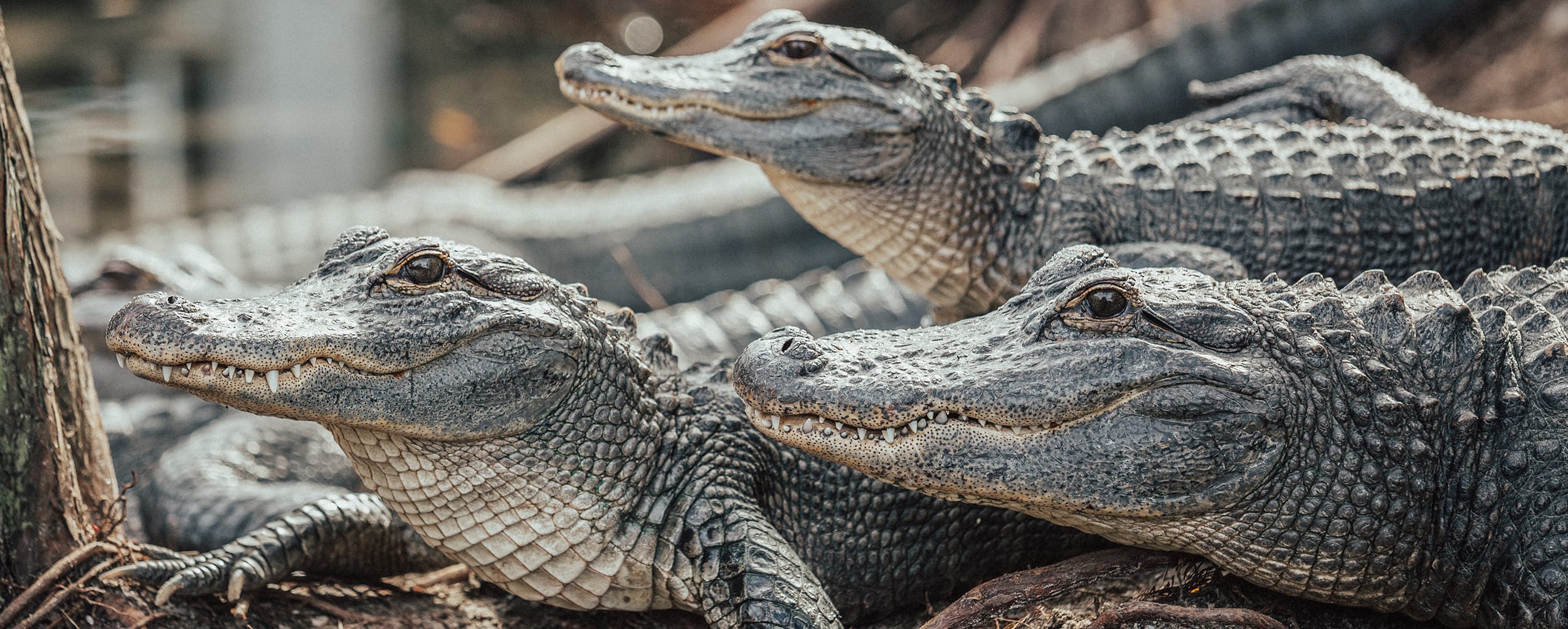All of us have and are living through unprecedented times. We have realised just how fragile our ecosystem is and how interdependent our wellbeing is to that of animals and nature. The scientific evidence on the link between diseases and our dysfunctional relationship with animals and nature is indisputable. We cannot keep fighting the symptoms and we can no longer guarantee human health without improving animal welfare and ensuring healthy ecosystems. The only way we can remove the threat is by working together across institutions, ministries and movements to implement a holistic “One Health” strategy that reflects a new way of defining and enabling health for all.
The One Health High Level Expert Panel (OHHLEP) revised the definition of One Health which is now “an integrated, unifying approach that aims to sustainably balance and optimise the health of people, animals, and ecosystems. It recognises that the health of humans, domestic and wild animals, plants, and the wider environment (including ecosystems) are closely linked and inter-dependent.”
The successful adoption of a One Health approach will require fundamental shifts in our production and consumption patterns, and our economic systems.
In a globalised world, increasing demand for animal products and the exploitation of our environment increase human susceptibility to a host of diseases. As long as animals are kept in unsuitable conditions and are exposed to pathogens, the risk of a pathogen spill-over and its consequences will remain for humans. To prevent future pandemics, we must change the way we interact with animals and their habitats. Failure to do so will continue to negatively impact public health, in ways that are similar to those we have been facing with COVID-19.
A growing body of evidence confirms that ecosystem degradation, habitat loss and fragmentation, biodiversity loss, encroachment into wildlife habitats, the commercial trade in wild animals, and intensive animal farming increase the risk of emerging infectious disease outbreaks and exacerbate other negative impacts on human and animal health. Around 75% of emerging infectious diseases are zoonotic. Never has the link between human, animal, and environmental health and well-being been so evident.
A One Health approach should not simply help us prepare to reduce the impacts of the health and environmental crises nor should it only focus on pandemics and zoonotic diseases. It must also enable us to prevent crises from occurring in the first place.
Less holistic approaches may address the symptoms. However, the interconnections between our wellbeing and that of animals and nature mean that to achieve real change, deeper transformation will be needed. One Health can be used as a framework for critical thinking about the different ethical, economic, social, and natural concerns within its scope. The framework can help us identify longer lasting strategies, with measures that do not only shield humans from public health risks but ensure that the actions we take are not to the detriment of, but instead also benefit animals, nature and consequently also humans.
Similarly, to align with One Health, policies should consider the intrinsic and relational value of animals and the environment. They should not only consider their instrumental or economic value when used or exploited. Policymakers must recognise the importance of investing in “health for all” and “wellbeing for all” (humans, animals, and nature). They must consider integrating this principle into outcome measures of government strategies instead of using GDP as the only measure.
Despite attention to One Health, the recently published One Health Joint Plan of Action is still strongly informed by an anthropocentric view.
The Plan fails to sufficiently recognise the intrinsic value of animals, nature and certain human populations. Instead, animals are treated instrumentally throughout the document. This has implications for animals and for humans and our shared environment. There is therefore a need to emphasise the importance of a highly precautionary and risk-averse approach. Increased focus is needed on the impact of human activities on human wellbeing, the welfare of animals and the state of the environment. The only way its long-term outcomes can be achieved, is with a Plan that addresses the root causes of threats to the health and wellbeing of humans, animals, and the environment. This will enable a just One Health approach aiming at health and wellbeing for all.
Finally, we must strengthen collaborative governance and oversight – while ensuring the legal implementation of regulatory frameworks which establish key safety measures on a globalised level – through intragovernmental organisations. FOUR PAWS alongside other WFA members have consistently advocated for a transition to more animal and environmentally friendly food and farming systems. This has been complemented by advocacy for an end to intensive livestock farming, a ban on all high-risk practices, including the dog and cat meat trade, and an end to commercial wildlife trade and fur farming.
The only way to truly prevent future health crises is by working together to tackle the root causes rather than just treat the symptoms.
Photo by Nils Bouillard on Unsplash





